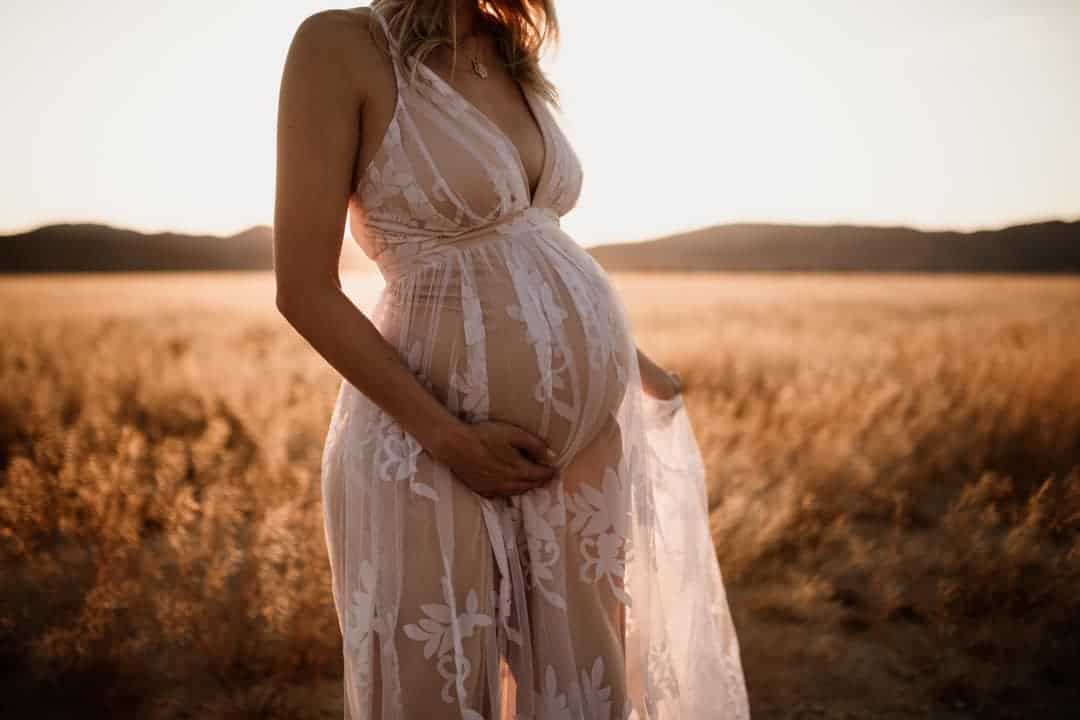
The city’s health department is taking baby steps toward Mayor Eric Adams’ campaign promise to provide coaches known as doulas to all first-time parents giving birth.
It’s been talking to maternal care providers about plans to spend $2 million a year to bring on up to 10 organizations to provide doulas in neighborhoods with high health needs.
Adams made his pledge in the shadow of tragedy.
The childbirth deaths of Amber Rose Isaac and Sha-asia Washington, both 26-year-old Black women who died during delivery in The Bronx and Brooklyn in 2020, galvanized rallies and spurred renewed scrutiny of the city’s high Black maternal mortality crisis.
In a concept paper issued last month that serves as a program blueprint, the Department of Health and Mental Hygiene projected three home visits before birth and three after, as well as support before, during and after labor and delivery. It follows a previous city program and more recent state-sponsored experiment in providing doulas in an attempt to improve maternal and child health and reduce maternal mortality.
One explicit goal of the new Adams effort: reduce “inequities in infant outcomes,” including breastfeeding, pre-term birth, low birthweight and infant mortality. Reducing maternal mortality is also a goal, tackling what has become a crisis for Black women, who in New York City are eight times more likely to die due to pregnancy complications than white women.
Another stated goal is to expand the ranks of doulas, “through recruitment, training, and certification of residents.”
Birth justice advocates are greeting these efforts with a mix of excitement and wariness. They’re glad to see government taking seriously the benefits of providing birth support — but also have questions about how large-scale, government-sponsored programs will intersect with the highly personal work.
Katy Cecen, a Brooklyn midwife and former NICU nurse, said she’s uncomfortable with doula services being “commercialized” and says she’d prefer to keep government out of the birthing room.
“If we have $10 million to spend towards labor support, let’s give it to the birthing people and let them choose how to use it to best support themselves during labor,” she said. The goal, she said, should be to “make sure people have the resources so they have the support they need and are with people that they trust.”
Kelly Davis, executive director for New Voices for Reproductive Justice, a national nonprofit, applauded the “life-saving” initiative but urged that pregnant people get to make the highly personal decision about who they get to hire as their doula.
“Voice and choice are the only ways to really support better birth outcomes for Black people,” said Davis, who previously led DOHMH’s birth justice equity initiatives. “Having a support system throughout the entirety of the process and being able to choose that person, sometimes it’s the only choice and consistency that the birthing person would get.”
Brooklyn Roots
The Bronx has the highest rate of severe maternal health complications of the five boroughs, with a rate of 337.1 per 10,000 live births, followed by Brooklyn, according to a 2019 report by the city health department, covering 2016 data, the most recent made public.
A December 2020 study by the city Department of Health and Mental Hygiene found that hemorrhage was the leading cause in maternal deaths in New York. The task force behind that study released a series of recommendations that same month. Among them: “Improve awareness of programs that provide free or low-cost doulas.”
The program is modeled after the By My Side Birth Support Program, a pilot launched in 2018 by the state for Medicaid-eligible families in central Brooklyn and Buffalo.
“That was the genesis of one of the first public health departments to have a doula program, period,” said Davis, adding that the program provides “life-saving services to Black women and pregnant people who are on Medicaid.”
“There has been a long history of Black women and advocacy related to maternal and infant reproductive health, really coming within the borough of Brooklyn, that has really influenced the national conversation around Black maternal health,” said Davis, also citing the work by the Brooklyn Health Action Centers launched by the city in 2017.
A spokesperson for DOHMH did not respond to requests for comment about the forthcoming program or how it may relate to Adams’ pitch from the campaign trail, where he proposed that doulas could help educate mothers on infant health and well-being.
A postpartum support program championed by former First Lady Chirlane McCray was canceled in 2020 due to lack of funding, THE CITY reported at the time. A request for proposals for the new Adams initiative could be issued as soon as summer, according to the concept paper published last month, closing in the fall with an award decision issued next winter.
The health department anticipates it will issue between four and 10 contracts for an estimated $2 million per year for nine years, “contingent upon the availability of funds.”
A spokesperson for the mayor did not respond to repeated requests for comment.
This article was originally posted on Mayor Eric Adams Moves to Deliver on Campaign Promise of Doulas at Childbirth